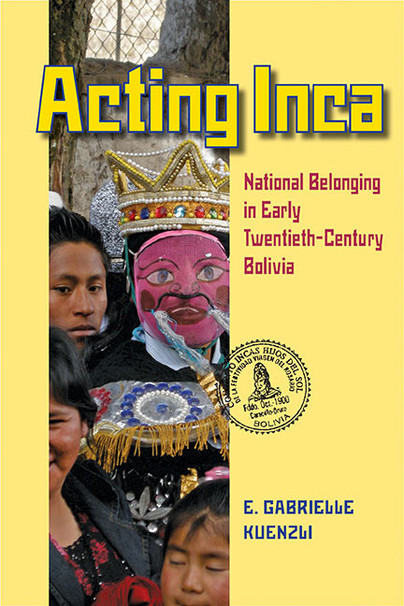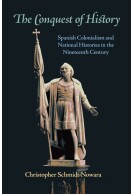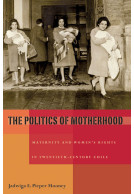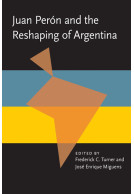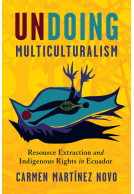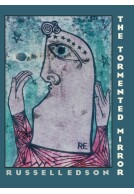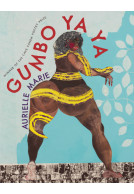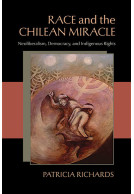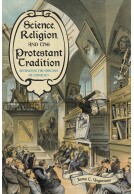Google Books previews are unavailable because you have chosen to turn off third party cookies for enhanced content. Visit our cookies page to review your cookie settings.
Acting Inca (Paperback)
National Belonging in Early Twentieth-Century Bolivia
Imprint: University of Pittsburgh Press
Series: Pitt Latin American Series
Pages: 208
ISBN: 9780822962328
Published: 24th June 2013
Script Academic & Professional
Series: Pitt Latin American Series
Pages: 208
ISBN: 9780822962328
Published: 24th June 2013
Script Academic & Professional
This book will be reprinted and your order will be released in due course.
You'll be £41.00 closer to your next £10.00 credit when you purchase Acting Inca. What's this?
+£4.99 UK Delivery or free UK delivery if order is over £40
(click here for international delivery rates)
Need a currency converter? Check XE.com for live rates
(click here for international delivery rates)
Need a currency converter? Check XE.com for live rates
For most of the postcolonial era, the Aymara Indians of highland Bolivia were a group without representation in national politics. Believing that their cause would finally be recognized, the Aymara fought alongside the victorious liberals during the Civil War of 1899. Despite Aymara loyalty, liberals quickly moved to marginalize them after the war. In her groundbreaking study, E. Gabrielle Kuenzli revisits the events of the civil war and its aftermath to dispel popular myths about the Aymara and reveal their forgotten role in the nation-building project of modern Bolivia.Kuenzli examines documents from the famous postwar Pe\u00f1as Trial to recover Aymara testimony during what essentially became a witch hunt. She reveals that the Aymara served as both dutiful plaintiffs allied with liberals and unwitting defendants charged with wartime atrocities and instigating a race war. To further combat their \u201cIndian problem,\u201d Creole liberals developed a public discourse that positioned the Inca as the only Indians worthy of national inclusion. This was justified by the Incas’ high civilization and reputation as noble conquerors, along with their current non-threatening nature. The \u201cwhitening\u201d of Incans was a thinly veiled attempt to block the Aymara from politics, while also consolidating the power of the Liberal Party. Kuenzli posits that despite their repression, the Aymara did not stagnate as an idle, apolitical body after the civil war. She demonstrates how the Aymara appropriated the liberal’s Indian discourse by creating theatrical productions that glorified Incan elements of the Aymara past. In this way, the Aymara were able to carve an acceptable space as \u201cprogressive Indians\u201d in society. Kuenzli provides an extensive case study of an \u201cInca play\u201d created in the Aymara town of Caracollo, which proved highly popular and helped to unify the Aymara.As her study shows, the Amyara engaged liberal Creoles in a variety of ways at the start of the twentieth century, shaping national discourse and identity in a tradition of activism that continues to this day.
Other titles in the series...
Other titles in University of Pittsburgh Press...







